Oral health is often overlooked in public health discussions, yet it plays a critical role in overall well-being. To explore how oral health intersects with broader health systems, we spoke with Dr. Abiola Adeniyi, Chair of the Oral Health Working Group at the World Federation of Public Health Associations (WFPHA). With a background in dentistry, public health, and global health policy, Dr. Adeniyi shares her journey, the current initiatives of her working group, and her vision for a future where oral health is accessible to all.
Please introduce yourself.
My name is Abiola Adeniyi, and I’m currently the chair of the Oral Health Working Group at the World Federation of Public Health. I am, by training, a public health dentist, and I work as an assistant professor in Global Health and Human Services at Fairleigh Dickinson University, Canada.
I began my undergraduate dental training at the Obafemi Awolowo University Ile-Ife in Nigeria, followed by a residency in dental public health at the National Postgraduate Medical College of Nigeria. From there, I went on to pursue a Master’s in Public Health, first at the University of Lagos, and then followed that with another Master’s in Health Management, Policy, and Planning at the University of Leeds in the UK. Most recently, I completed a PhD in Population Oral Health Research at the University of British Columbia in Canada.
Over the years, my work has spanned clinical dentistry, advising on oral health policy, and teaching preventive dentistry and global health. What ties it all together is my passion for integrating oral health into broader healthcare systems and improving access to oral health care. That’s the perspective I bring to my work and education.
What motivated you to pursue a career in the public health space?
For me, it started with a personal story. As a child, I spent a lot of time in the dental chair. Both my grandmother and my mother ran confectionery stores in Nigeria, so you can imagine I had plenty of access to non-refined sugars. My mom did her best to encourage good oral hygiene, but like many children, I didn’t always listen, and that meant I had frequent dental problems.
I was in and out of the dental clinic as a child. Those early experiences taught me something important: oral health isn’t just about teeth, it’s about overall well-being. I had sleepless nights from dental pain, and I learned (sometimes the hard way) how valuable prevention is.
When I began my dental training, I realized how common and preventable dental diseases were at a population level, and that was the turning point for me. I realized I wanted to do more than treat diseases one patient at a time. I wanted to focus more on prevention, reach a wider audience, and ensure fair access. So that’s what drew me into public health.
Even now, after my MPH and PhD, that original motivation has not changed. I aim to create environments where oral health is accessible, prioritized, and prevented, rather than just treated after problems occur.
How long have you been associated with the WFPHA?
I have been part of the WFPHA for about three years now. I joined shortly after completing my PhD at UBC, and it has been an incredibly fulfilling journey. It has given me the chance to contribute to global advocacy, research, and collaborative action in the field of oral health. It has also given me the chance to connect with truly inspiring colleagues from all over the world.
Could you elaborate on your working group’s current activities and share your vision for the future?
Currently, our group is engaged in some truly exciting work.
- Podcast Series on Oral Health & Systemic Conditions
We’re partnering with the Non-Communicable Diseases (NCDs) Working Group of the WFPHA on a podcast series that explores the connections between oral health and conditions such as diabetes, cardiovascular disease, and other NCDs. This broadens the conversation and shows how oral health is an integral part of public health.
- Amplifying Patient & Community Voices
We believe lived experiences are crucial in shaping policies and designing effective solutions. We’re exploring how to listen better, engage more meaningfully, and measure the impact of our engagement.
- Strengthening Civil Society’s Role in Advocacy
We’re planning an event around the upcoming UN General Assembly to explore how civil society organizations can drive the oral health agenda. These organizations are often the closest to the communities they serve, and their insights are crucial to achieving sustainable, people-centered change.
- Digital Oral Health & Global Learning Models
We’re examining how technology can improve access, education, and care delivery, especially in underserved areas. We also have a casebook on school oral health programs. We are examining how different countries integrate oral health into their broader healthcare systems, so we can learn, adapt, and scale best practices.
- WHO Global Coalition on Oral Health
The WHO has invited us to contribute to the Global Coalition on Oral Health, particularly in engaging people with lived experiences of oral diseases and NCDs. This is a great opportunity to bring together community insights, policy, and innovation, ensuring oral health isn’t an afterthought but is considered alongside other NCDs.
I’m looking forward to seeing how our group will serve as a catalyst, connecting sectors and amplifying the voices of oral health advocates.
How do the working group’s activities align with the WFPHA’s strategic plan?
Our work is closely aligned with the WFPHA’s priorities on disease prevention, health promotion, and inclusive public health leadership.
For example:
– We’ve developed policy resolutions, including during the COVID-19 pandemic.
– We launched a Maternal and Child Oral Health Initiative, endorsed by over 50 public health organizations globally.
– We’ve produced tools on workforce development, school oral health programs, and digital resource evaluation.
– We’re providing feedback on the WHO Global Oral Health Strategy.
All of this reflects the Federation’s broader goals: strengthening health systems, elevating underrepresented voices, and fostering cross-sector collaboration.
How has being part of the WFPHA enhanced the reach and impact of your working group?
Being part of the WFPHA has expanded our reach and credibility. Through its network, we’ve:
– Collaborated with other working groups on meaningful initiatives.
– Published in high-impact journals and presented at international conferences.
– Developed the Global Maternal and Child Oral Health Initiative through multi-continent partnerships.
– Created the School Oral Health Casebook, featuring models from six WHO regions.
The Federation gives us a platform to frame oral health as part of universal health coverage, social justice, and NCD prevention, bringing it into spaces where it’s often overlooked.
How does your working group plan to engage communities in oral health initiatives?
Our focus is on advocacy and policy, but we see a gap in global data on the lived experiences of oral diseases. One idea we’re exploring is systematically gathering and sharing these voices through the WFPHA network, whether through surveys or calls for testimony.
We can then incorporate these insights into policy briefs, advocacy campaigns, and global statements, ensuring that perspectives often overlooked in high-level discussions are heard.
What unique opportunities has the WFPHA provided your working group?
The WFPHA has opened doors for collaboration, knowledge exchange, and high-level engagement. For instance:
– We co-developed the School-Based Oral Health Casebook, featuring eight international models.
– We conducted a global workforce survey, leading to policy-relevant findings.
– Our podcast series highlights oral health’s connection to broader health systems, featuring experts worldwide.
These opportunities help make oral health visible, relevant, and prioritized among policymakers.
Any final thoughts?
I’m incredibly grateful to chair this wonderful working group. The foundation laid by my predecessors, combined with the dynamic and globally diverse team we have now, makes this work possible.
We’re entering a new chapter where oral health is increasingly recognized as essential to public health. We’re excited to collaborate with new partners, welcome emerging voices, and work toward a world where oral health is seen as a right, not a privilege.
Final Takeaways
Dr. Abiola Adeniyi’s work highlights the crucial role of oral health in public health, encompassing policy, prevention, technology, and community engagement. Her vision for equitable access and systemic integration serves as a powerful reminder: oral health goes beyond teeth. It’s about dignity, well-being, and justice.
Working Group Members:
Aarthi Shanmugavel, BDS, MPH, Manager, PhD Candidate, American Dental Association, USA.
Cleopatra Matanhire-Zihanzu, BDS, MPH, PhD Candidate, University of Zimbabwe Department of Oral Health, Zimbabwe.
Dorjan Hysi, DDS, MSc, PhD, Associate Professor, University of Medicine Tirana, Faculty of Dental Medicine, Albania.
Gloria Ha Young Ahn DDS, Intern, WFPHA, USA.
Hyewon Lee (Chair,) DrPH, DMD, Director, the Seoul National University Global Maternal and Child Oral Health Center, South Korea.
Irene Adyatmaka, DDS, PhD, Senior Lecturer, the Maranatha Christian University, Faculty of Dentistry, Indonesia.
Woo Jung Yang, DDS, Endodontist, Seoul Leaders Dental Clinic, South Korea.
Jemima Khabiso Ramphoma BChD, MChD Dental Public Health, Senior Lecturer, the University of the Western Cape, Department of Community Dentistry, South Africa.
Kenneth Eaton, MSc, PhD, Chair of the Platform for Better Oral Health in Europe, The Council of European Chief Dental Officers, UK.
Kiran P. Nagdeo (Vice-chair) BDS, MPH, PhD Candidate, Department of Epidemiology, NYU School of Global Public Health, USA.
Leonie Short, MHP, Director, Seniors Dental Care, Australia, Australia.
Lynn Bethel Short, RDH, MHP, Communications Director, American Fluoridation Institute, USA.
Myron Allukian Jr., DDS, MPH, Former APHA President, American Public Health Association, USA.
Pascaline Kengne Talla, PhD, Professor, McGill University, Canada.
Puneet Gupta, MDS, Associate Professor, the Government College of Dentistry, Indore, India.
Rachel Martin, BDSc, MPH, Director, the Network for the Integration of Oral Health, Australia.
Rahimah Abdul-Kadir, DrPH, DDS, Professor, the University Malaya Center for Addiction Sciences, Malaysia.
Ramprasad Vasthare, MDS, FAIMER fellow, Professor, the Manipal College of Dental Sciences, Manipal, India.
Seema Lal-Kumar, BDS, MSc Paed, Dental Specialist, Te Marae Ora, Ministry of Health, Cook Islands.
Sonia Groisman, PhD, Post PhD, DNA Lab Diagnosis, State University of Rio de Janeiro, Brazil.
Valerie Wordley, BDS, MPH, Clinical Advisor, NHS England, United Kingdom.
Vyhari Chandrasorupan, MPH, Intern, WFPHA, Australia.
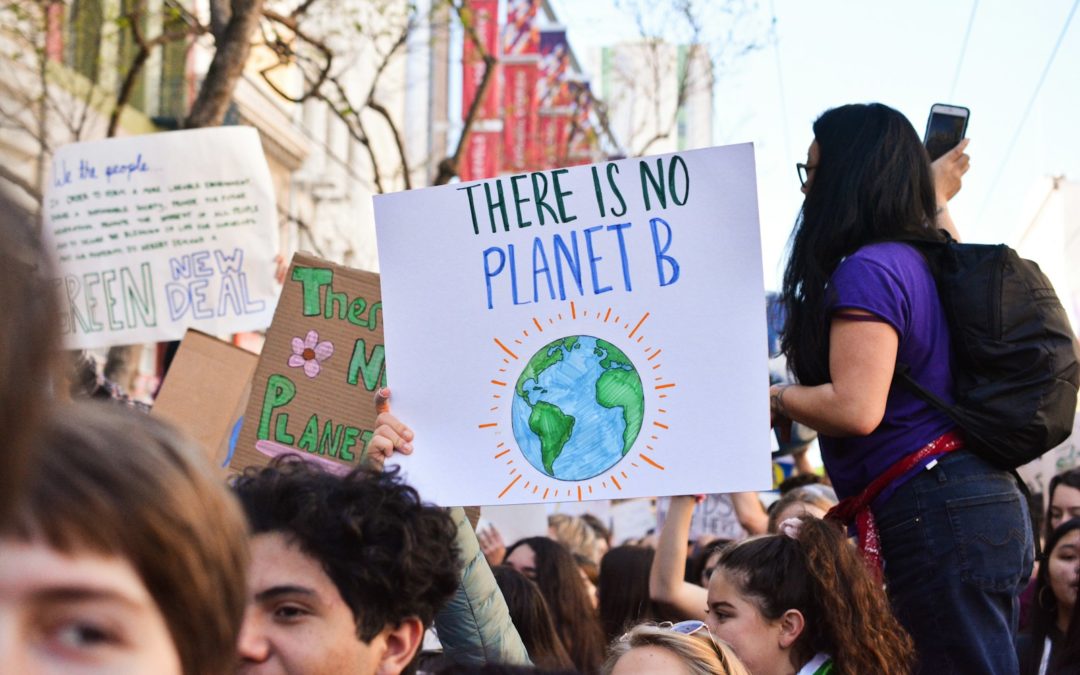
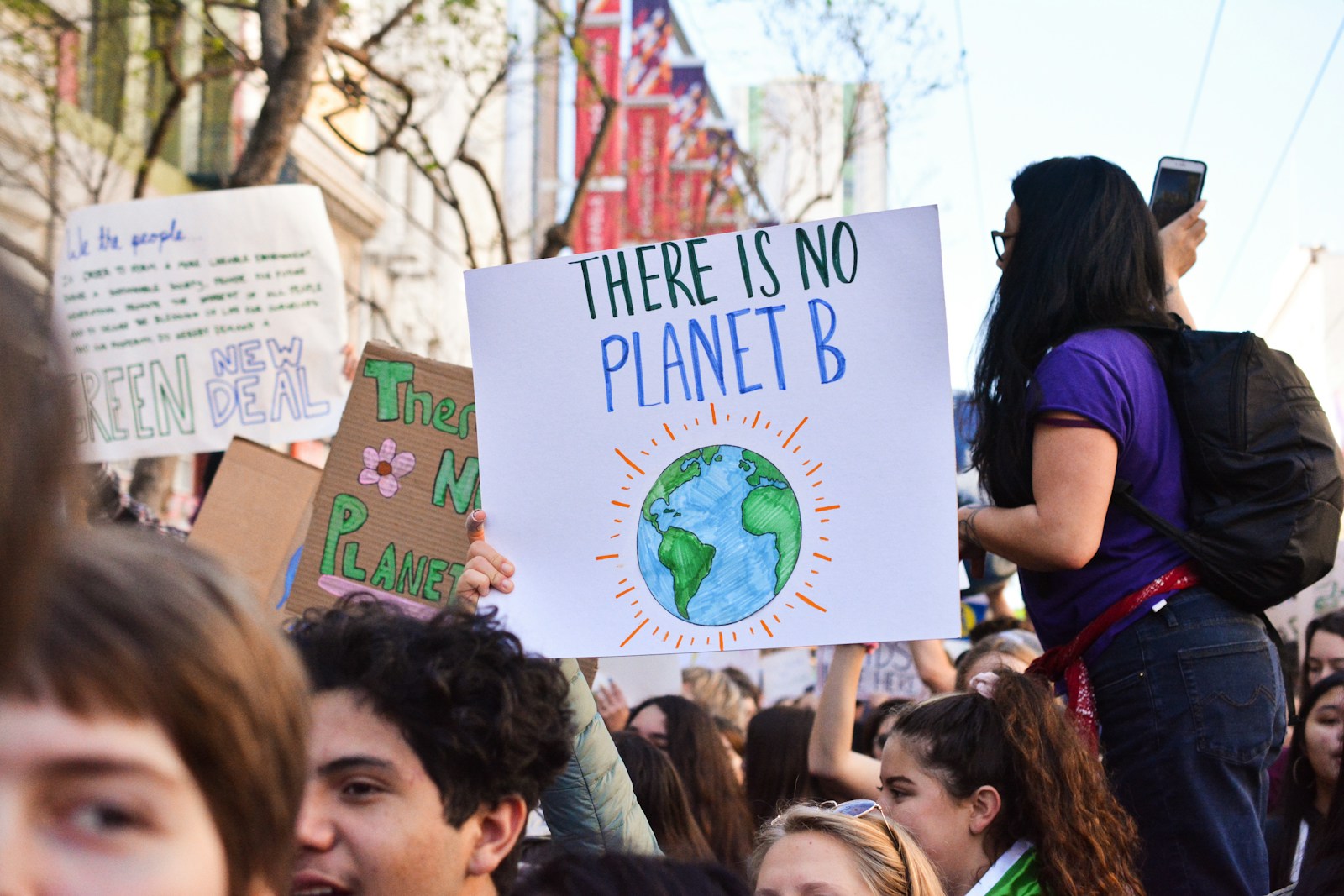

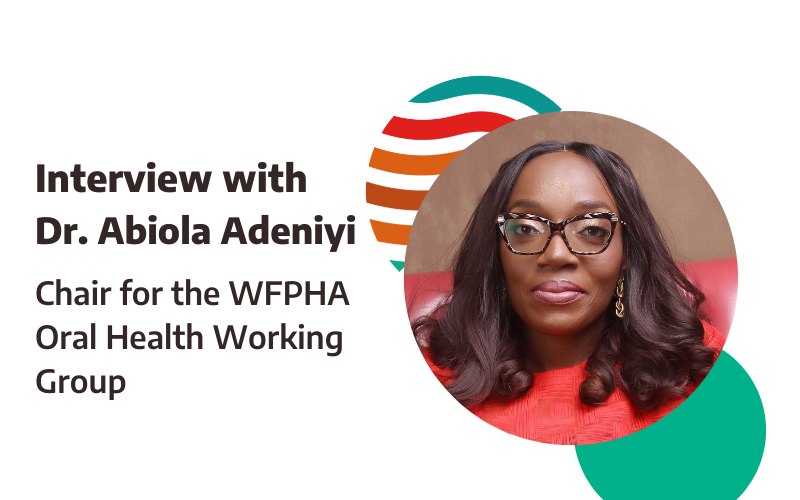
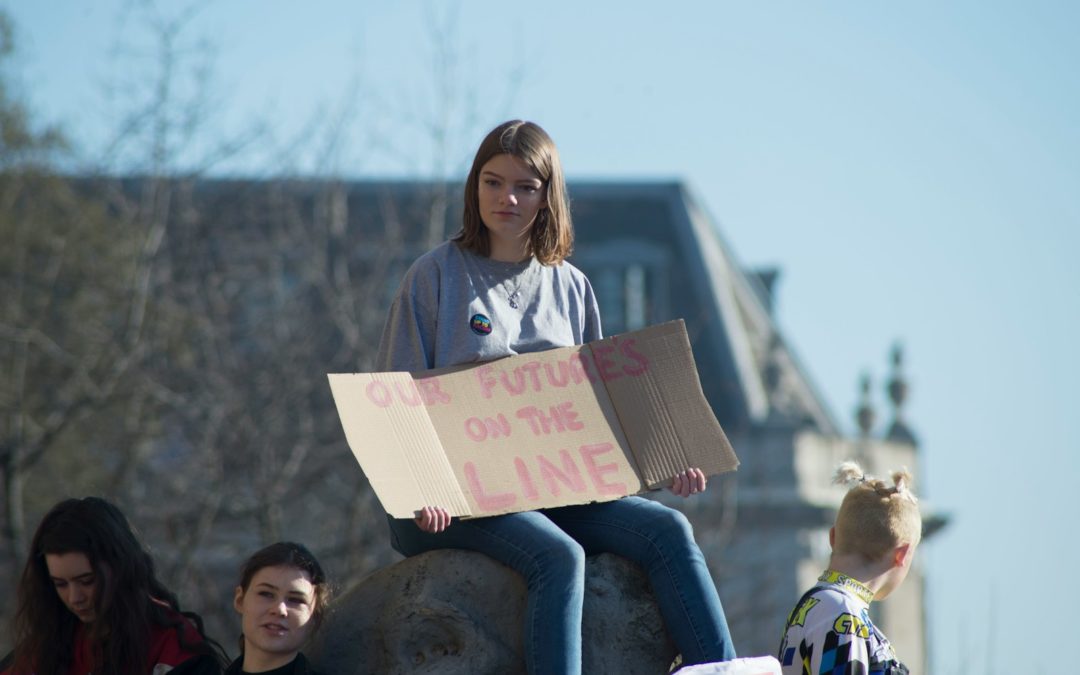
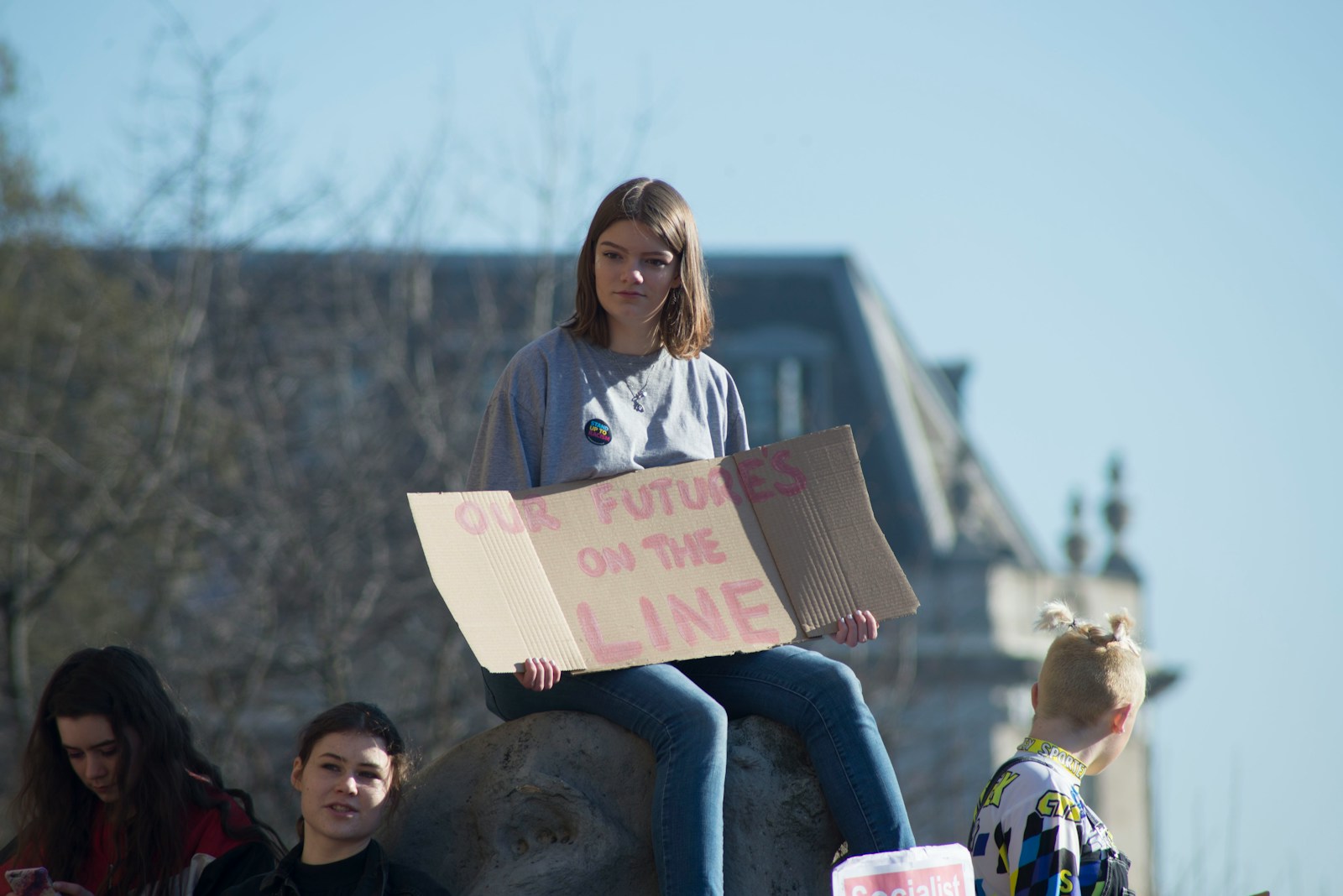

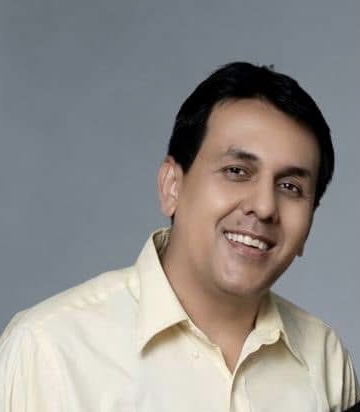



Recent Comments